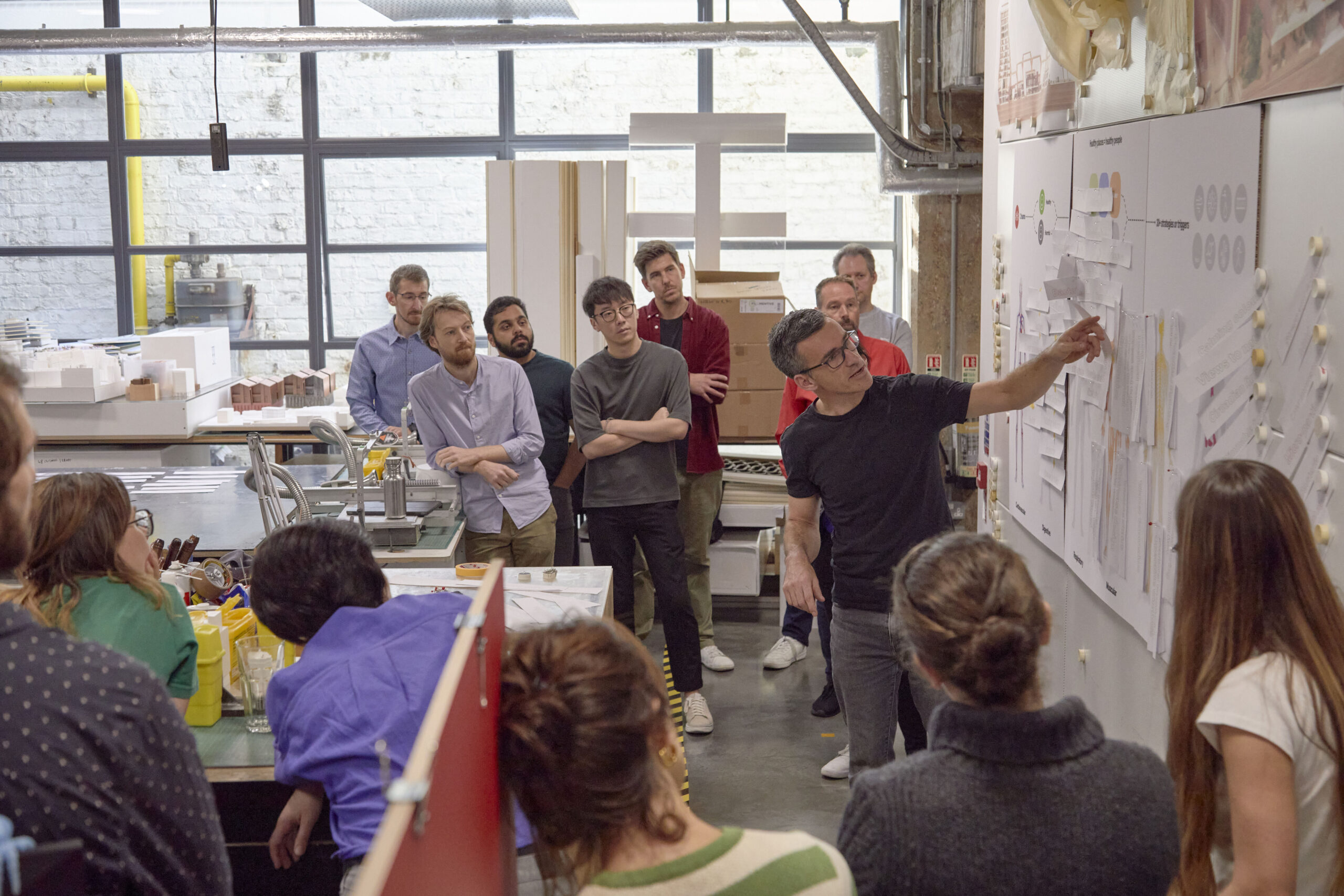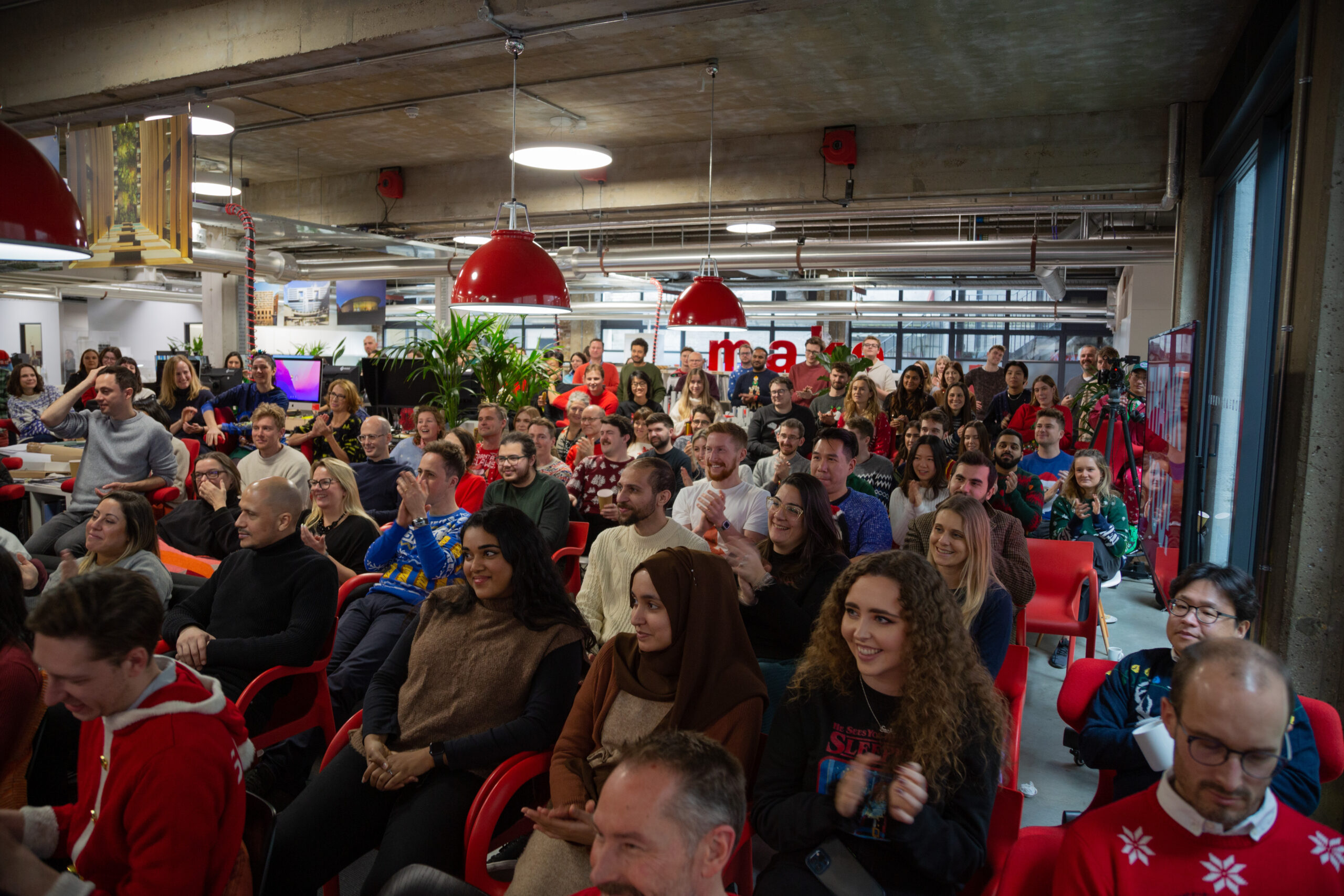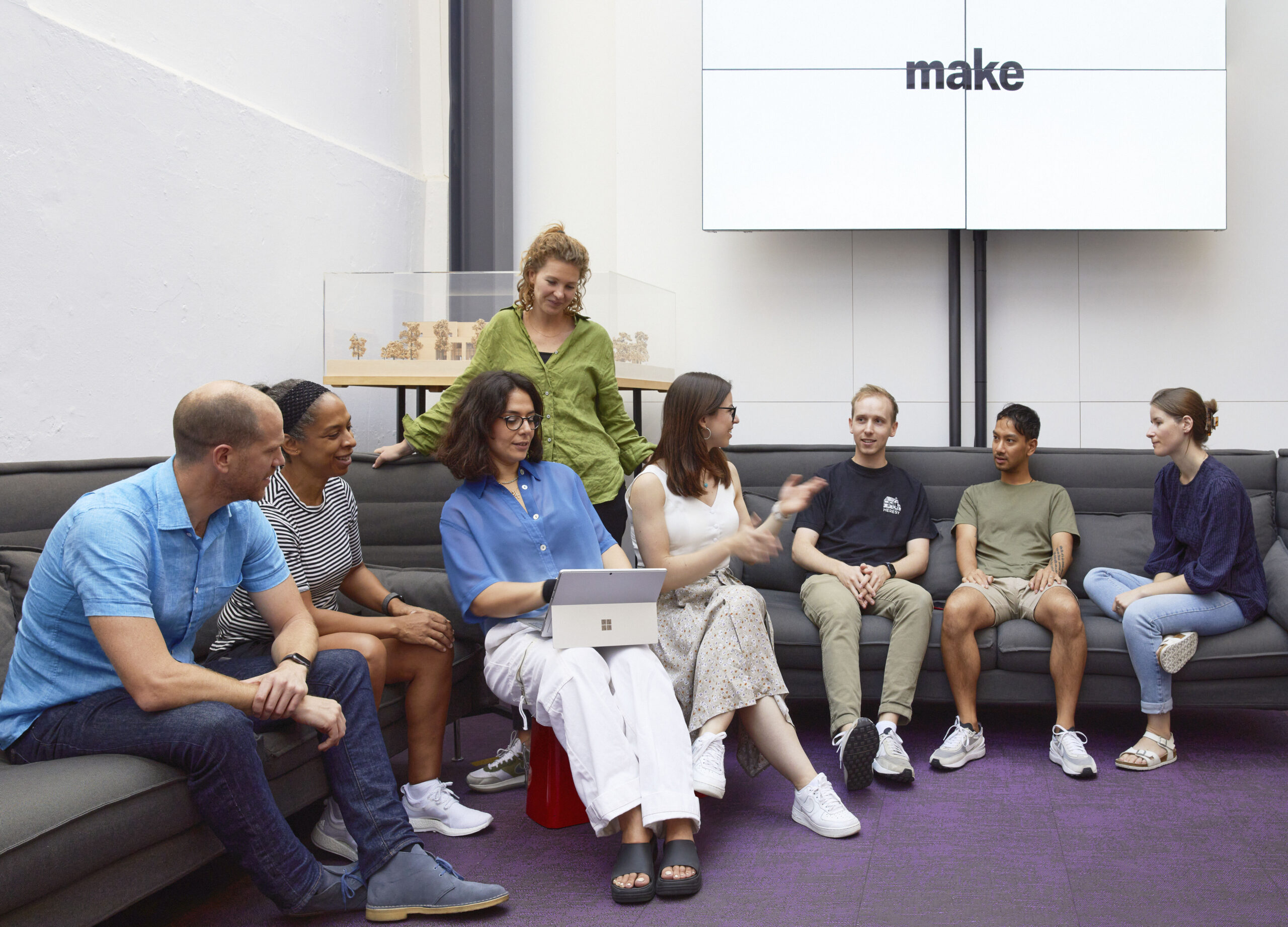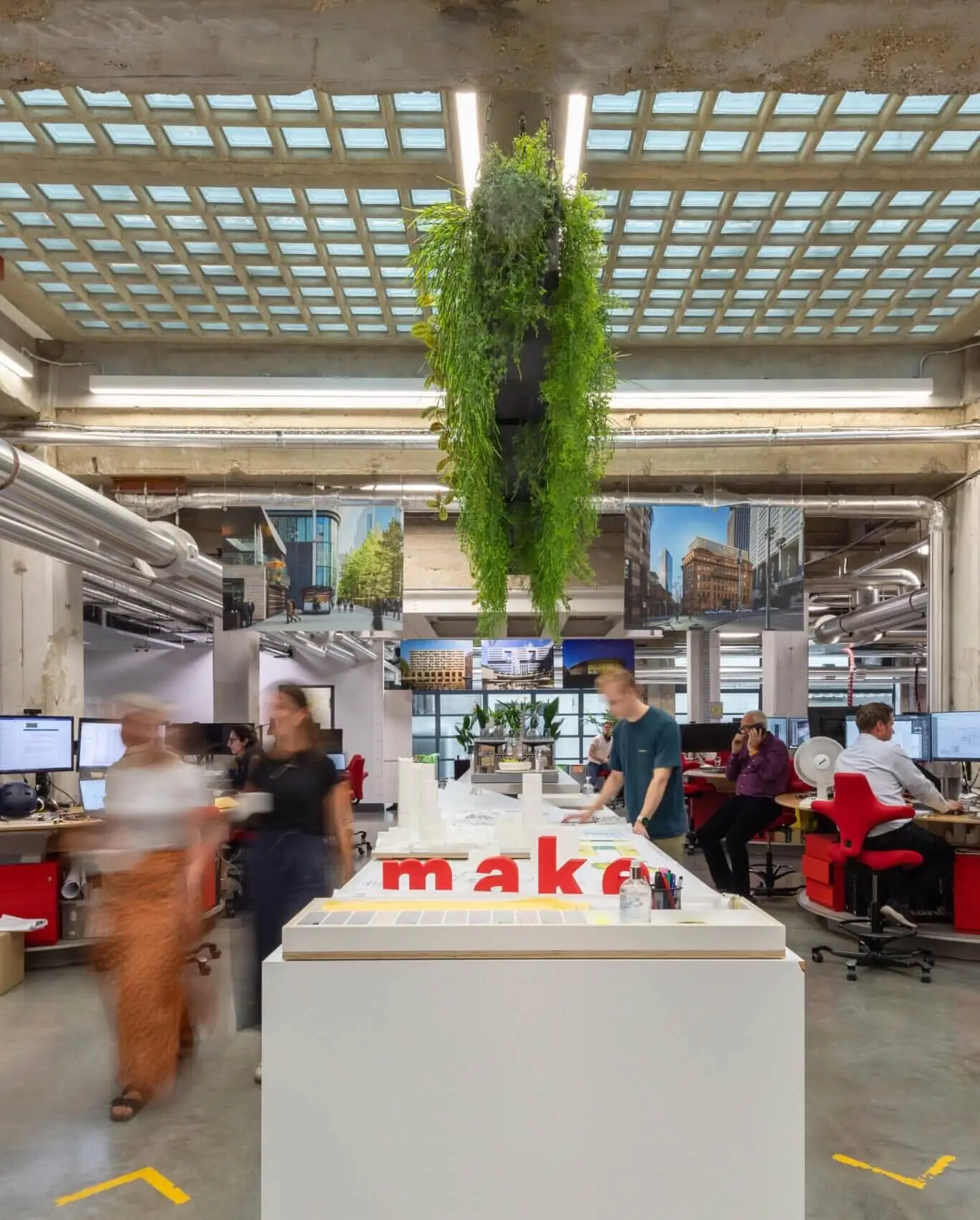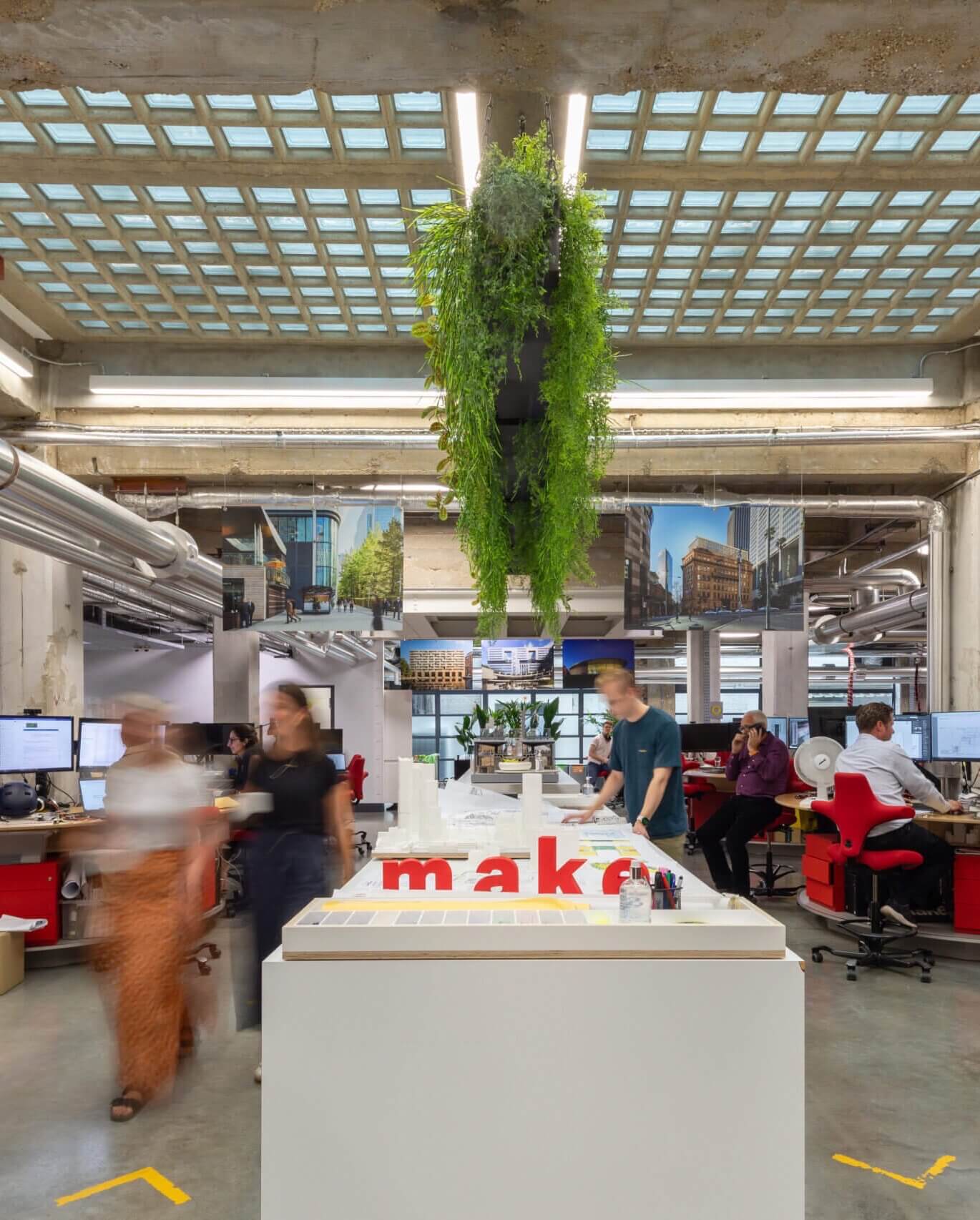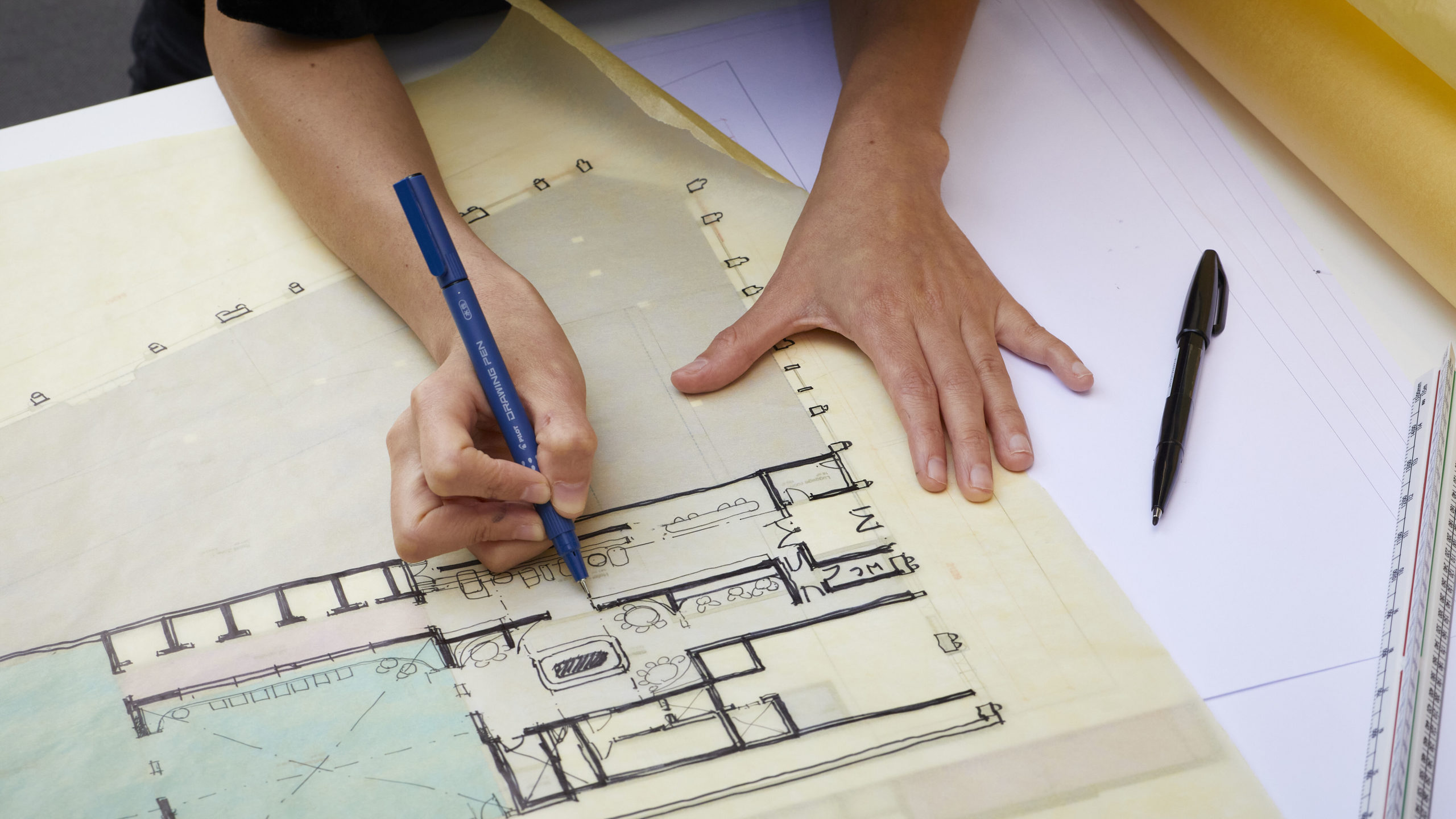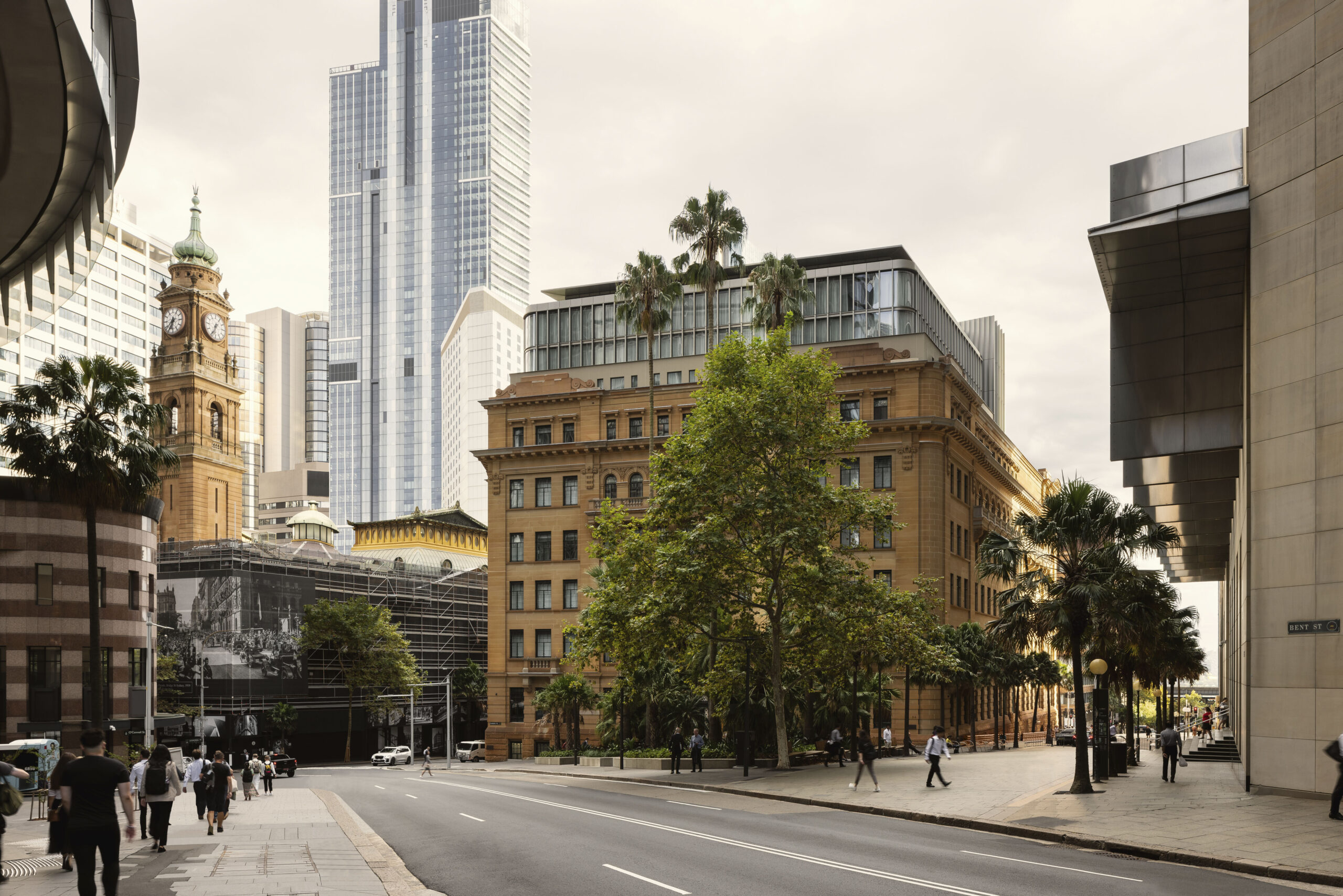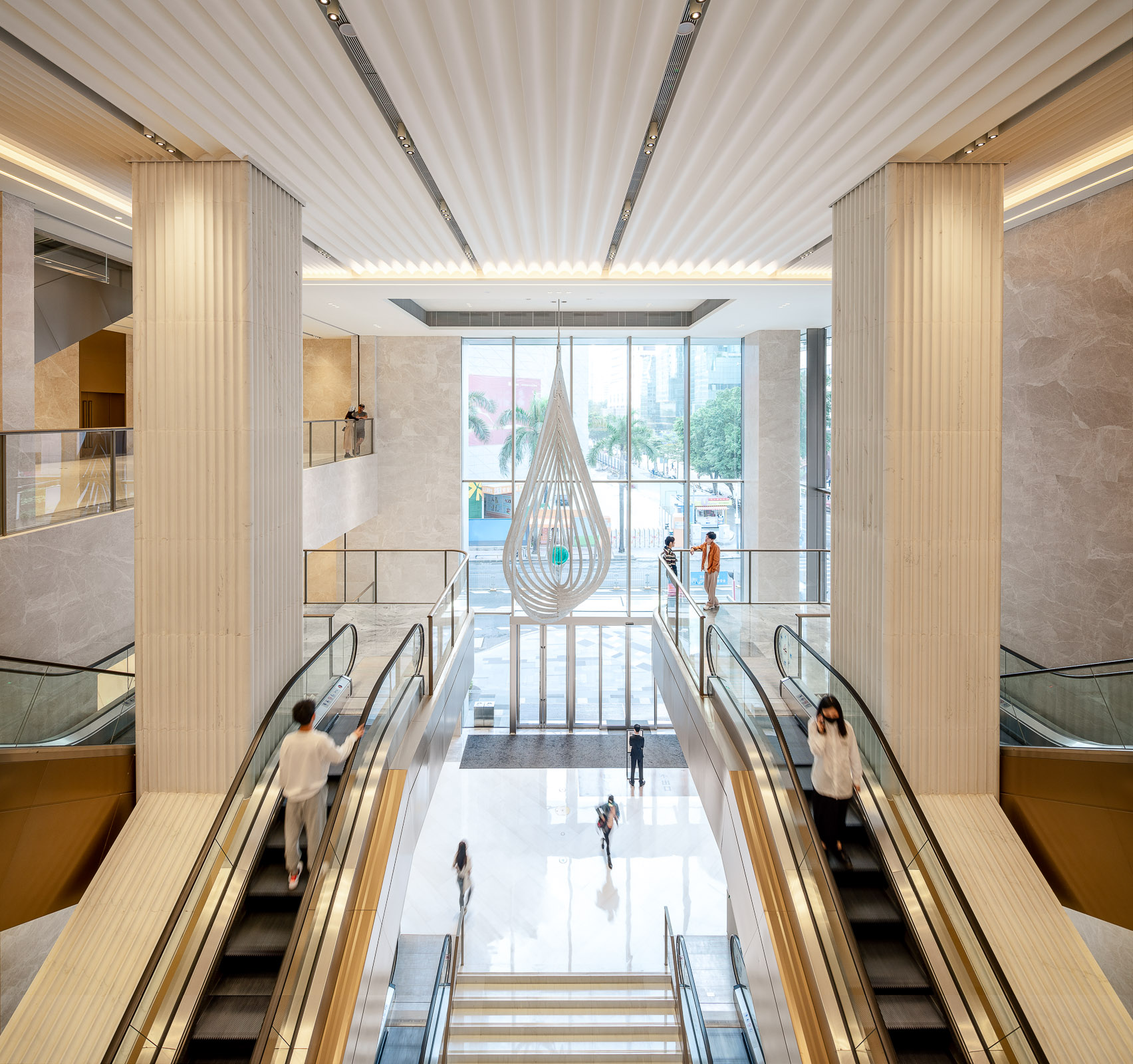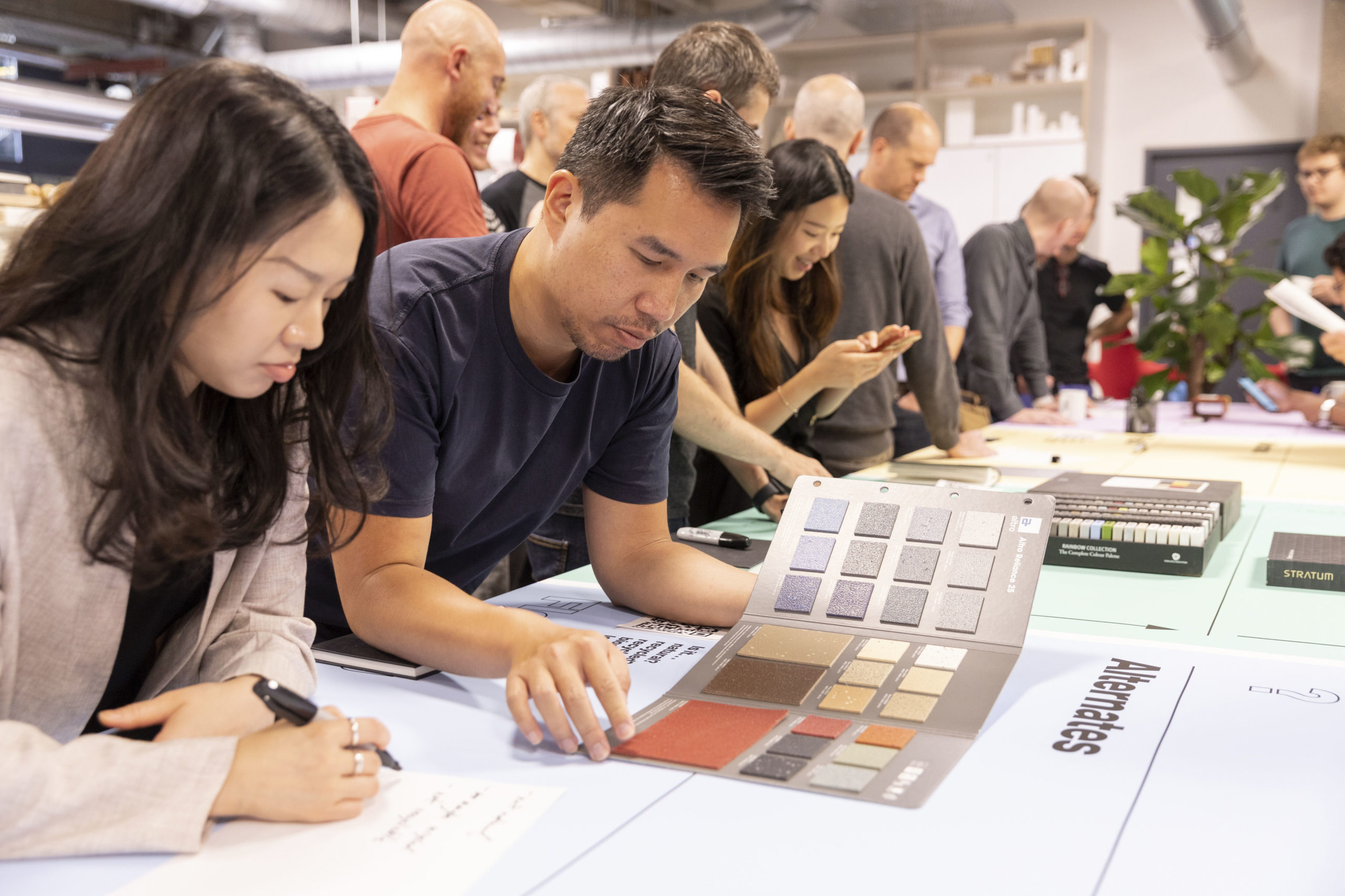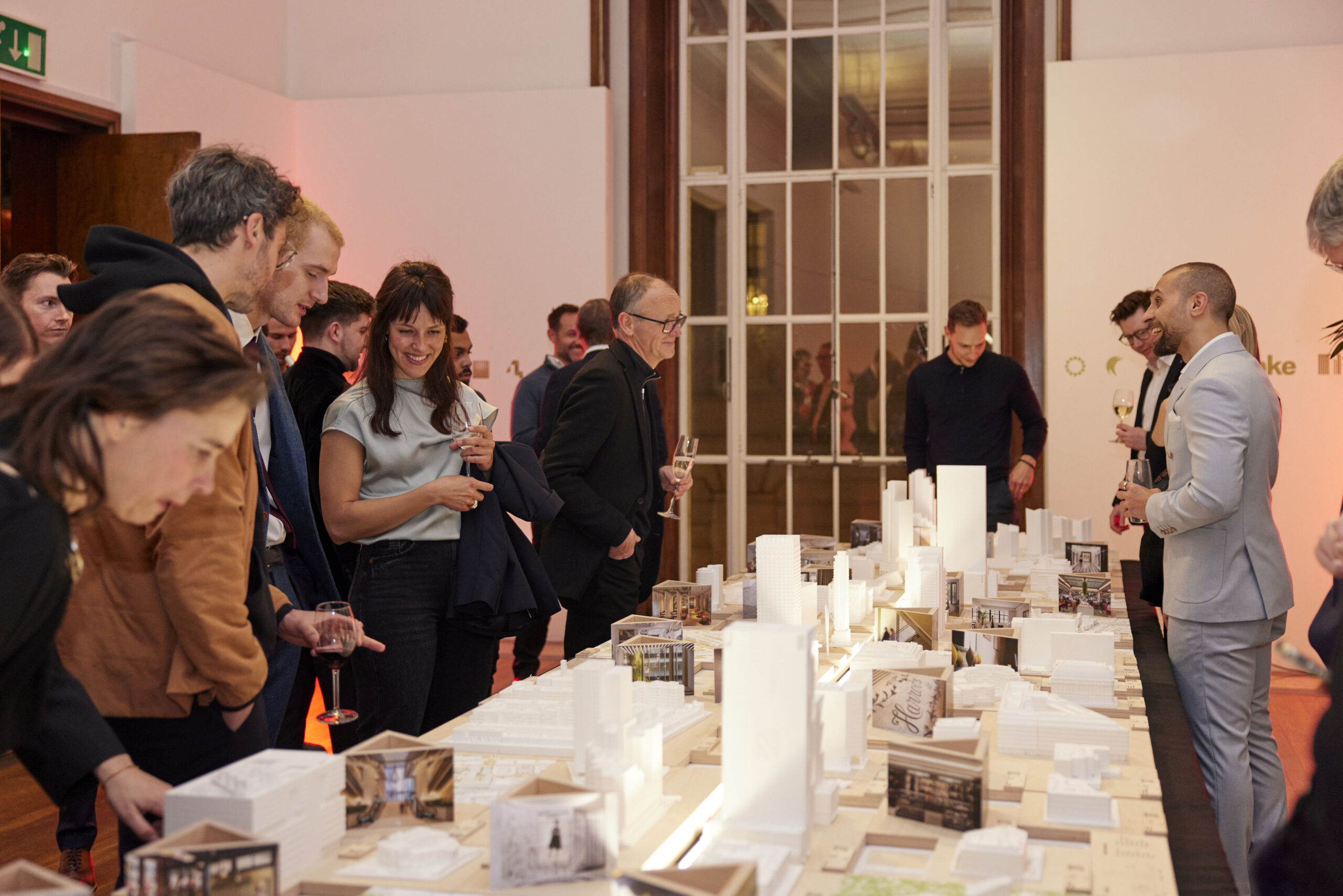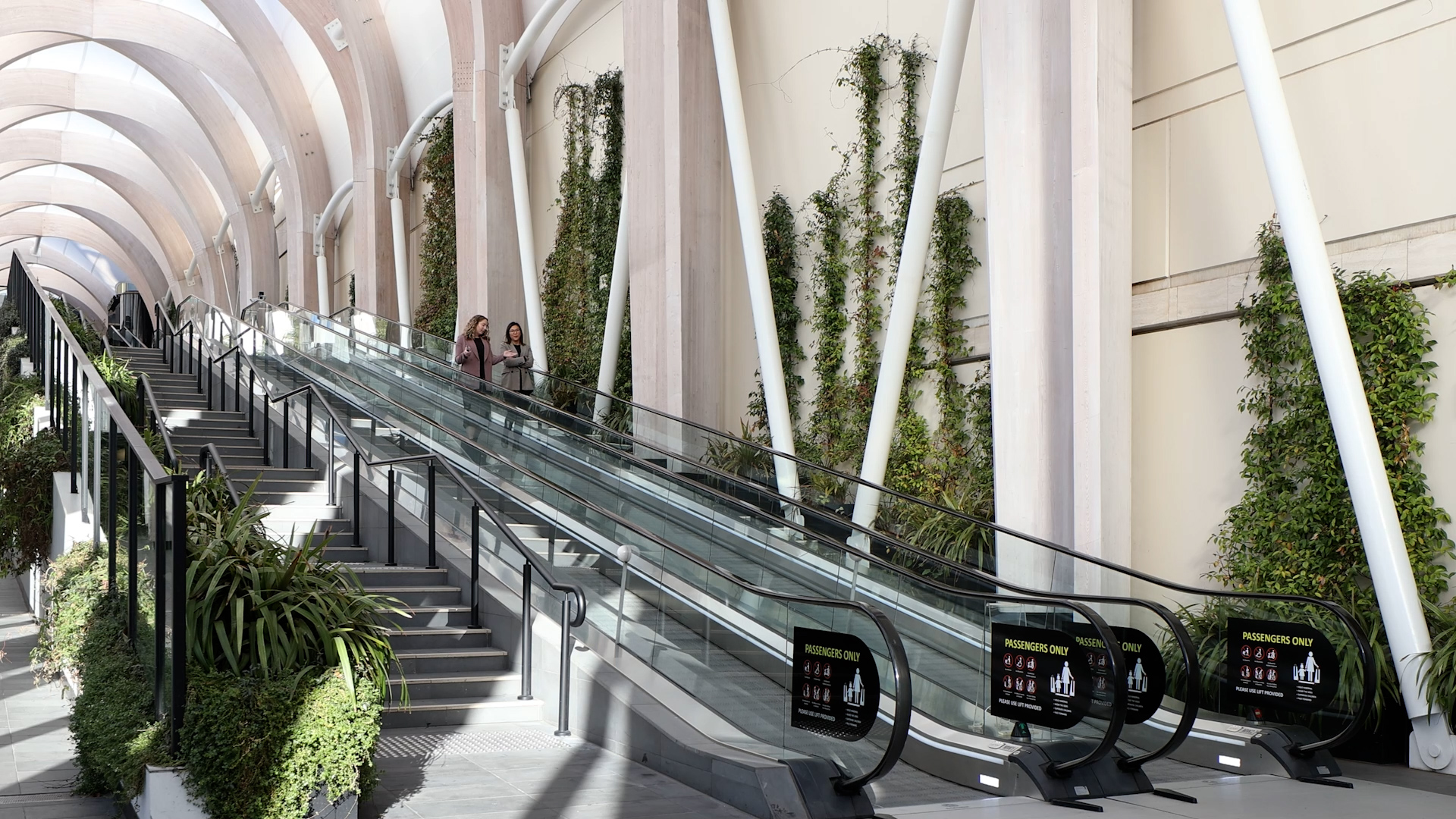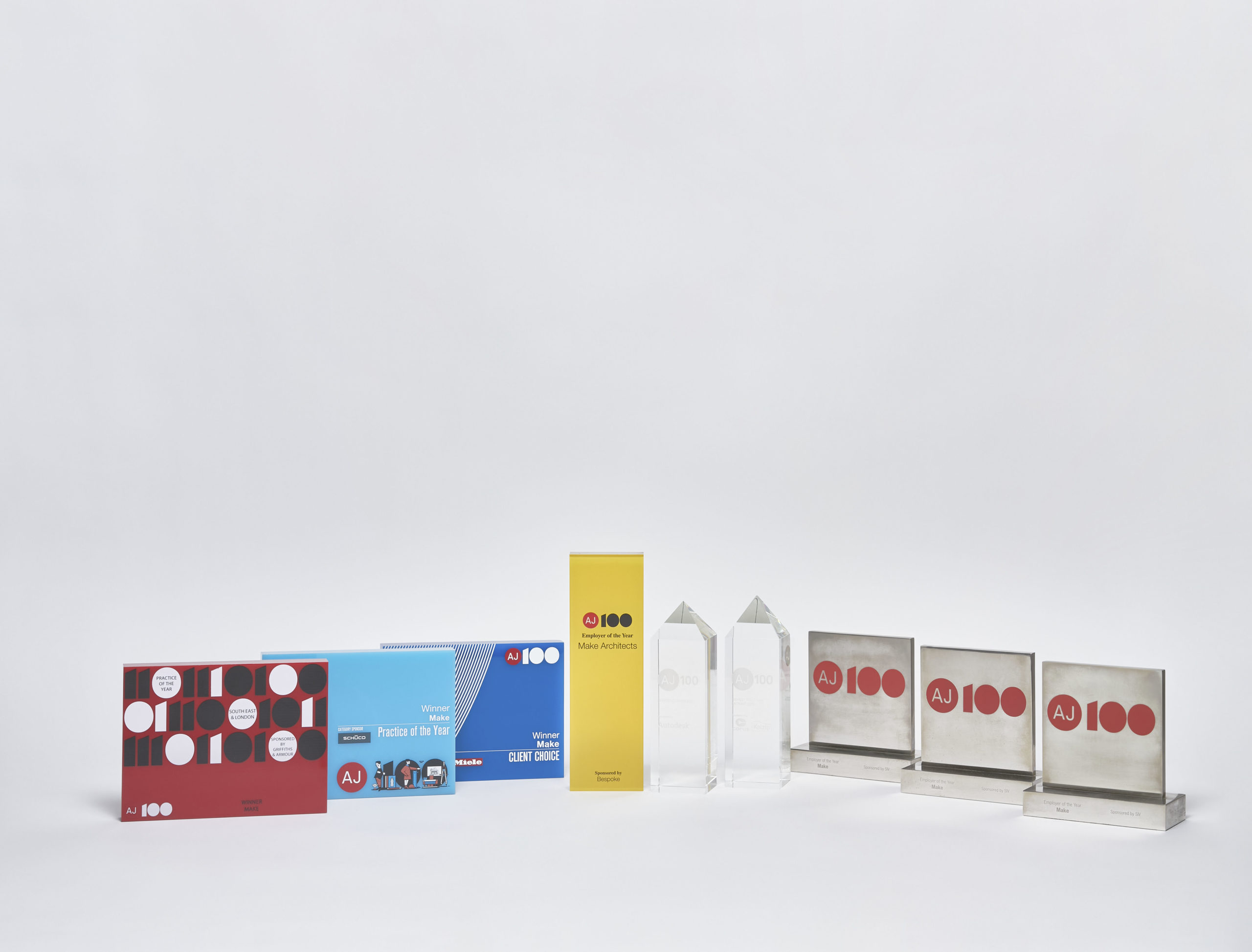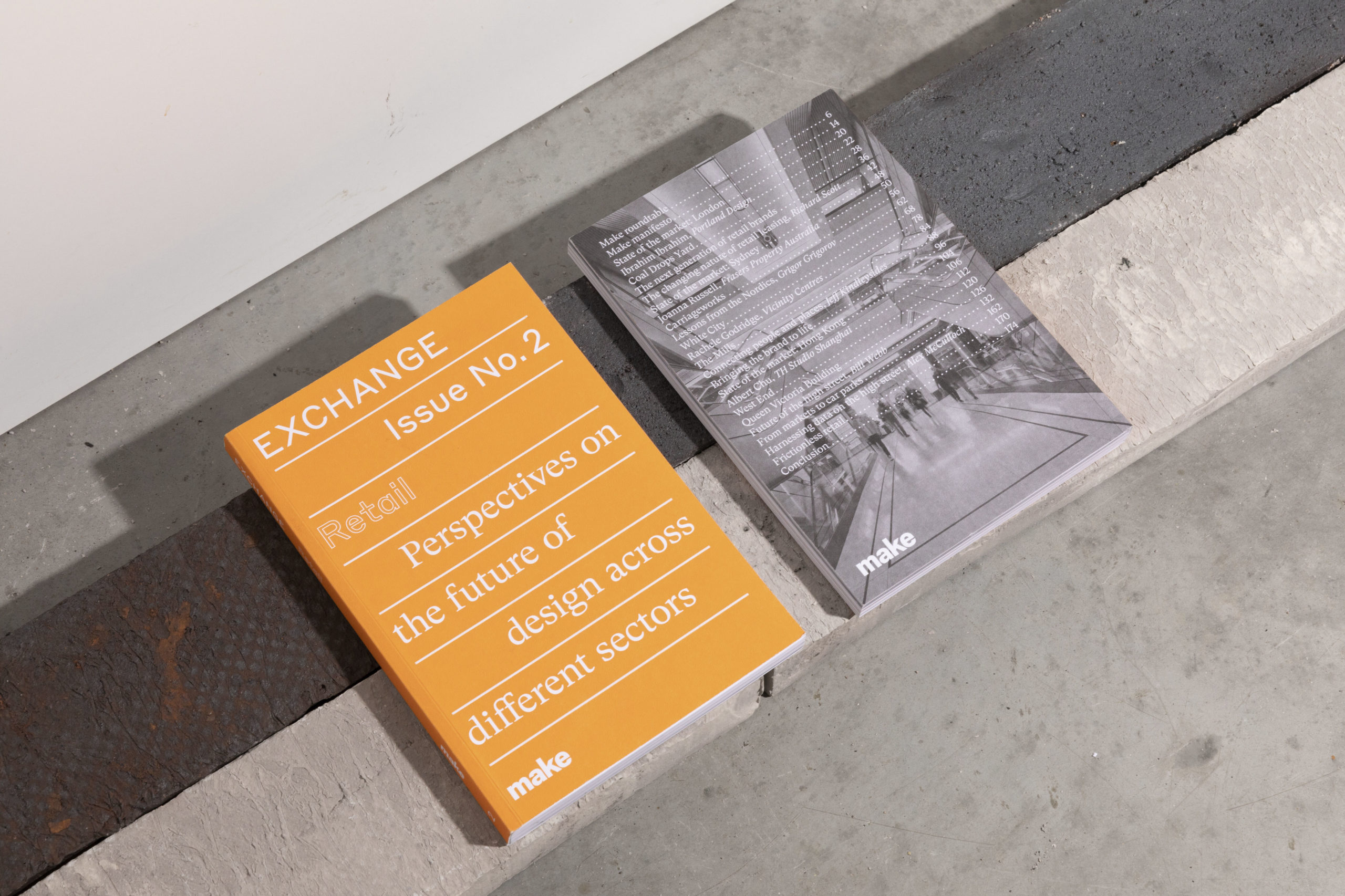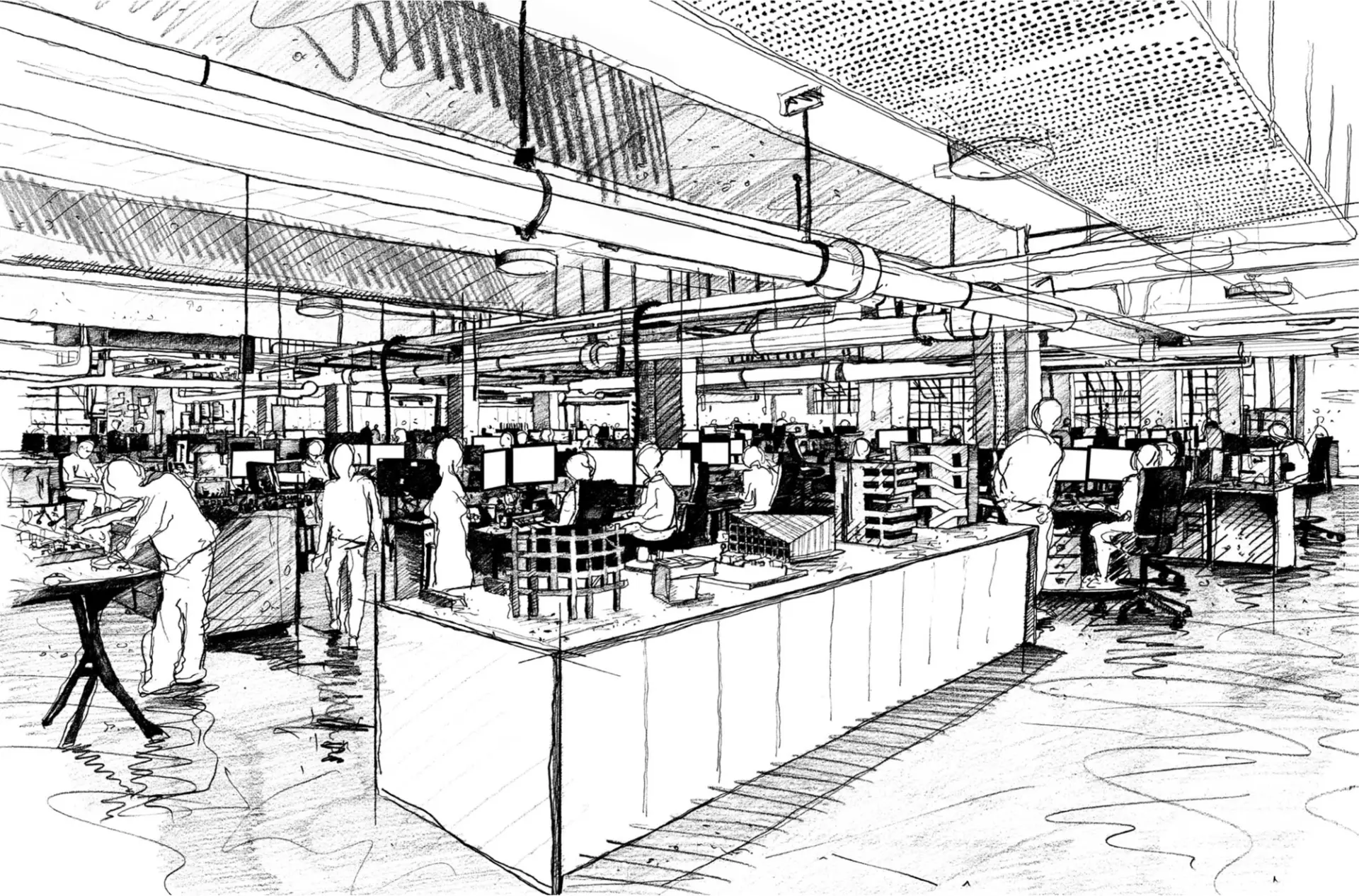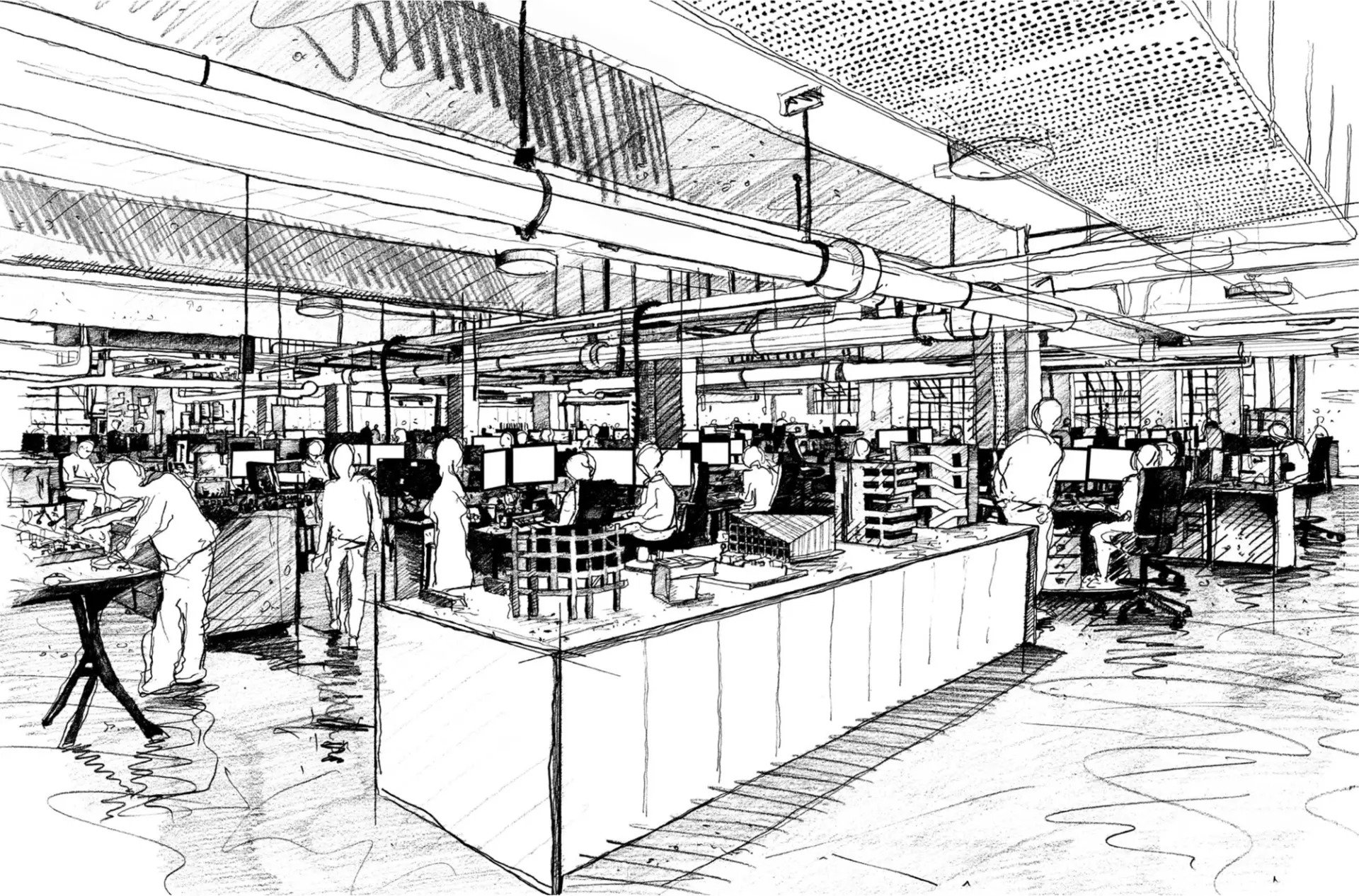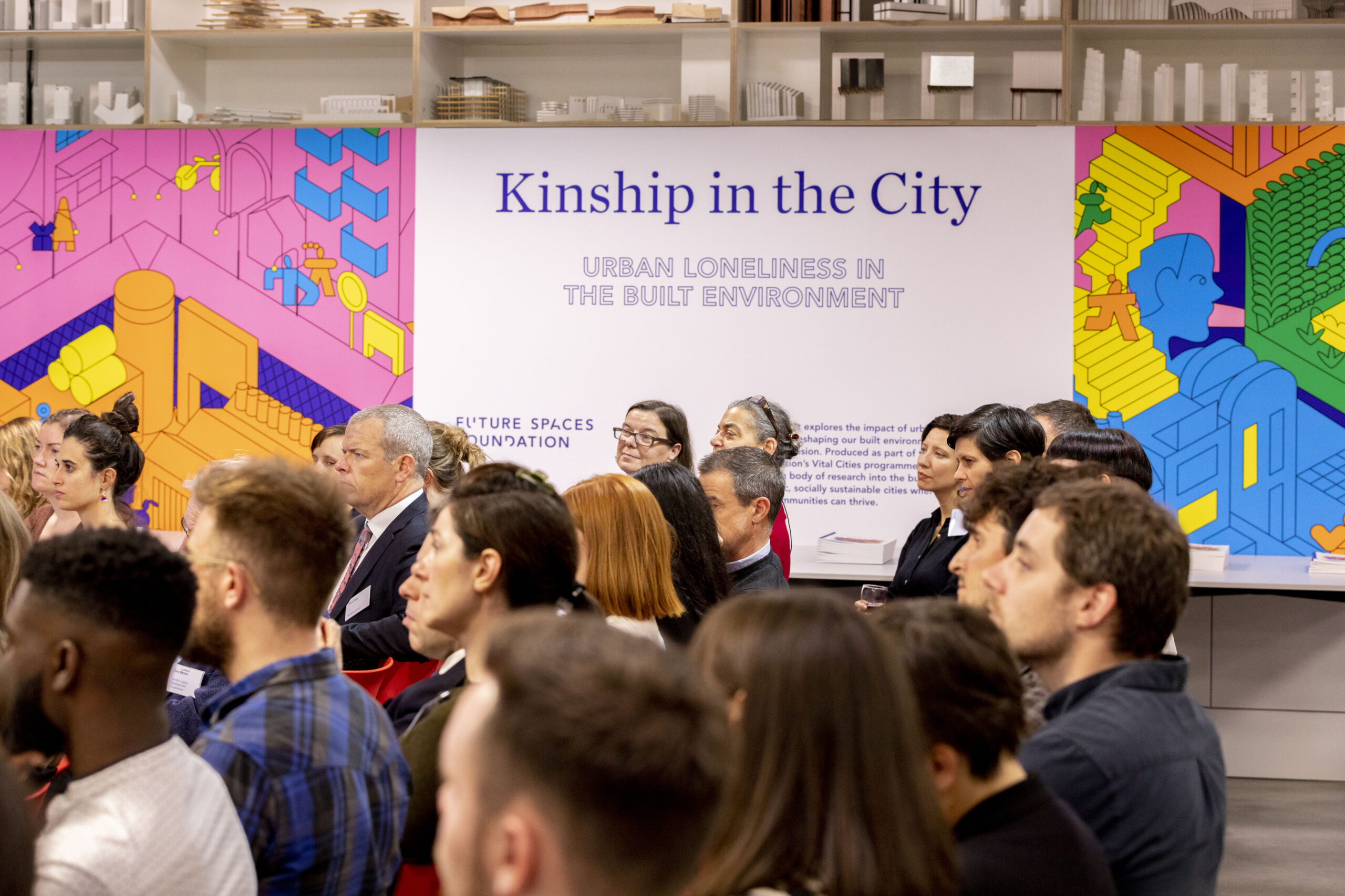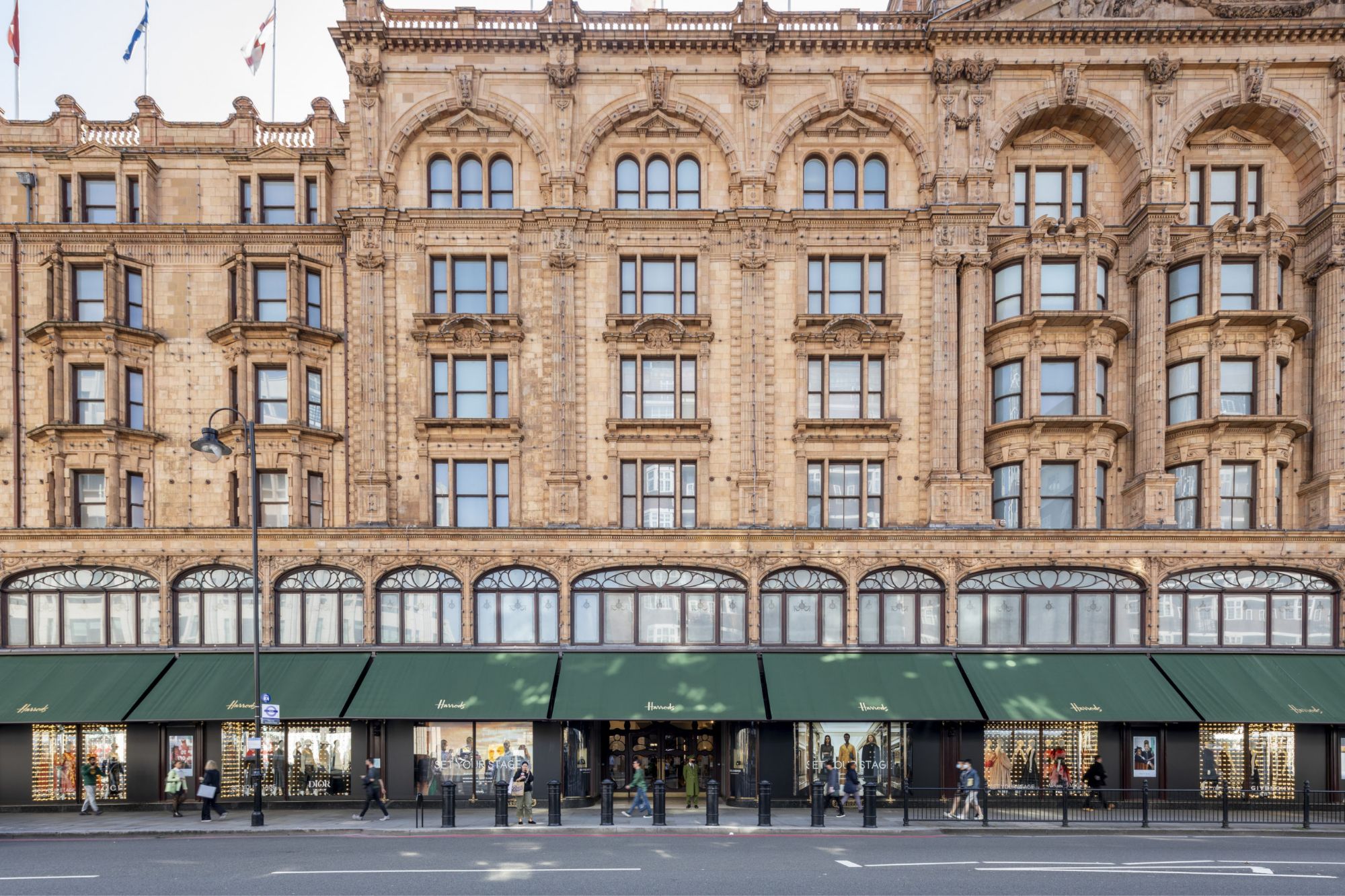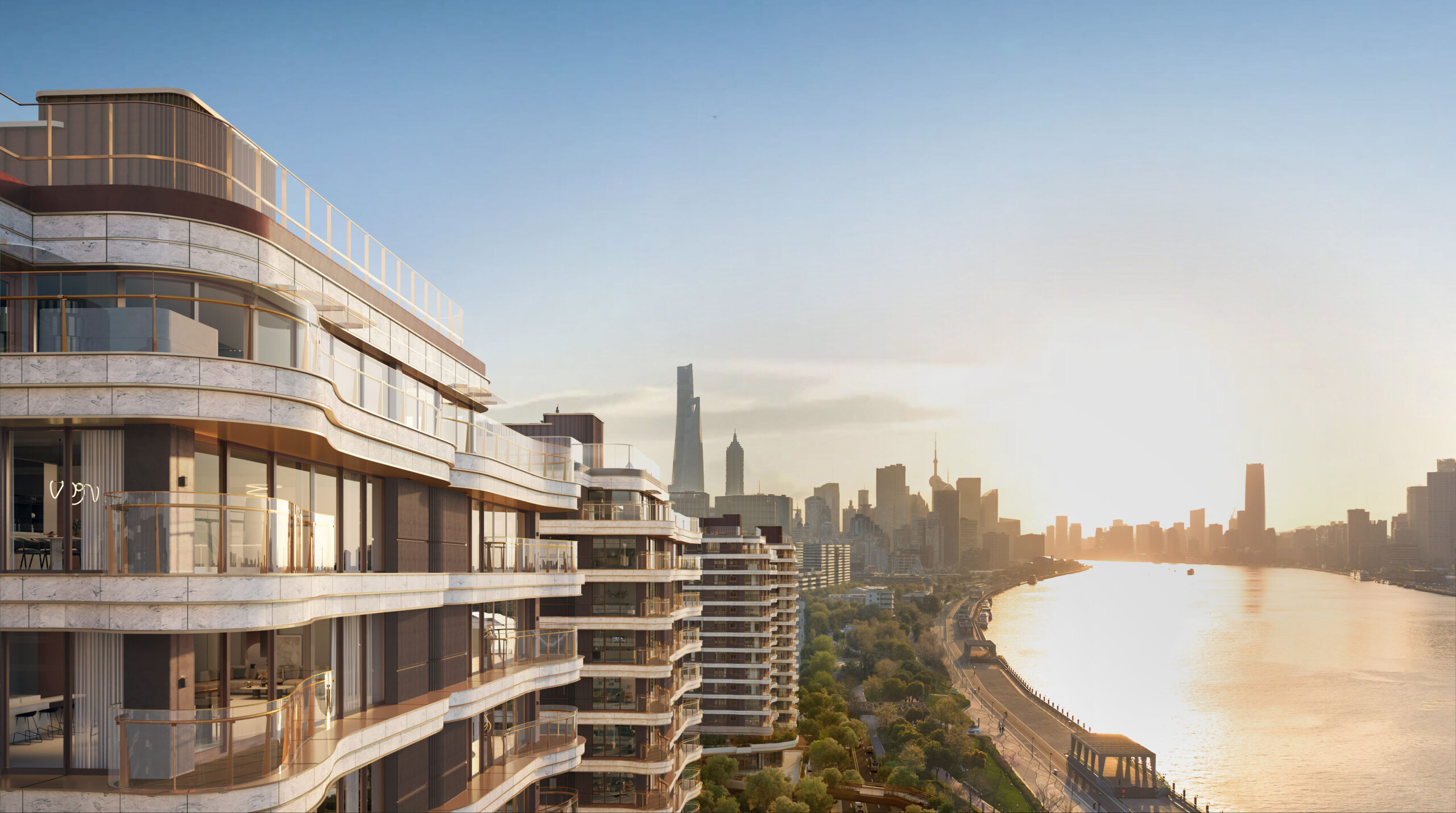












































































































































































































































- 探索:Make的摩天楼群
- Make models: Carlisle Health and Wellbeing Centre
- “Drawing as a method of dialogical design” – an interview with Eugene Tan
- Winner of The Architecture Drawing Prize 2023: an interview with Eldry John Infante
- AI integration at Make: shaping the future of architecture
- Optimising the value of build-to-rent
- Make models: Station Row section model
- Make models: Drum
- Make models: Milton Avenue/Station Row
- 零售设计与酒店设计跨界
- Defining a sustainable workplace – the BCO’s climate emergency challenge
- Discussing exhibitions with Dr Erin McKellar, Assistant Curator (Exhibitions), Sir John Soane’s Museum
- “Spirit is pure, so that’s what I feel here.” – Aunty Margret
- Make models: Seymour Centre
- Hydrogen: Solution or ‘Techcrastination’?
- Q&A with Maker Michelle Evans, project lead on Capella Sydney
- Carbon goggles: looking for facades of the future by reflecting on facades of our past
- Winning the 2022 Architecture Drawing Prize
- Make 模型: 购物中心立面设计竞赛
- Make models: Salford Rise
- Variety in urban living: setting the scene
- Variety in urban living: the challenges and opportunities
- Wilding the City
- Make models: 20 and 22 Ropemaker Street gift models
- Variety in urban living: innovation is key
- 设计再生旅行
- Make models: Jersey South Hill
- Reflections on Make Neutral Day 2023: Part 1
- Reflections on Make Neutral Day 2023: Part 2
- “Let’s do something a bit different”
- A deep dive into an amazing ‘Wunderkammer’
- “My first subject was a house. From then on, I started developing my drawing skills.”
- 《山之境》
- Make models: Brookfield Place Sydney
- Make models: community library model
- “I’ve wanted to be an architect since I was four years old.”
- “I’m learning that architectural designs will need to work in the real world.”
- Make–ReMake
- Embodied carbon of transportation
- From listed buildings to 21st-century schools [2/2]
- Drawing Sydney
- Inspired by “art built” – an interview with Marc Brousse
- Embodied carbon in curtain walls
- Reducing embodied carbon isn’t all about materials
- “Tall buildings mesmerise me.”
- The town centre in five years’ time: Community [1/3]
- Make models: metal etching
- “I’m the first one in my family pursuing architecture.”
- “What can you see behind this building?” – an interview with Fe
- My next getaway
- The town centre in five years’ time: Wellbeing [2/3]
- Make models: 80 Charlotte Street
- 生机建筑:都市森林
- “I want to build things that will explore new depths of the sea.”
- Upfront carbon: how good is good enough?
- The town centre in five years’ time: For everyone [3/3]
- Winner of The Architecture Drawing Prize 2020 – an interview with Clement Laurencio
- Restoring Hornsey Town Hall’s clocks
- A Proposed Hierarchy for Embodied Carbon Reduction in Facades
- From listed buildings to 21st-century schools [1/2]
- Comparing embodied carbon in facade systems
- Building Natural Connections with Energy, People, Buildings
- Designing in the wake of coronavirus
- Musings on The Architecture Drawing Prize 2020
- Living employment
- Bridging the gap
- Stephen Wiltshire
- International Women’s Day 2020
- Inspiring Girls
- Post COVID-19 – What’s next for higher education design?
- Four ways residential design might change after COVID-19
- Make models: The Cube
- One Make
- Atlas – Tech City statement
- Architectural Drawing: States of Becoming
- The Architecture Drawing Prize exhibition reviewed
- ‘Architecture in the frame’ – London Art Fair
- The future of retail and workplace
- Post-COVID
- A Hong Kong perspective on a post COVID-19 society
- Chadstone Link: Making new connections
- Design narratives and community bonds
- Behind the scenes at the 2019 World Architecture Festival
- Drawing on the culture that makes the buildings
- Future modelmakers 2020
- After coronavirus, how can we accelerate change in workplace design to improve connection and wellbeing?
- Improving social ties in our cities
- Q&A with our student modelmakers: Theodore Polwarth
- Q&A with our student modelmakers: James Picot
- The Teaching and Learning Building model by James Picot
- The City is Yours
- Pablo Bronstein
- Encouraging spaces of conviviality
- The importance and passion of heritage in the built environment
- No show, so what next?
- The Madison model by Theodore Polwarth
- Choosing architectural modelmaking
- The Big Data Institute model by Finlay Whitfield
- Q&A with our student modelmakers: Finlay Whitfield
- World Heritage Day 2020
- Make models: Agora Budapest
- Drawing in Architecture
- Draw in order to see
- Our commitment to sustainable design
- Asta House – Local living in Fitzrovia
- Project delivery at 80 Charlotte Street
- Make models: Chadstone Link
- Langlands and Bell – Observing and Observed
- Telling Stories: The power of drawing to change our cities
- What role will hotels play in our society after COVID?
- Sketchbooks: draw like nobody’s watching
- Transparency and a sense of investment
- Honest, in-depth learning
- Leaving a mark
- The hand does not draw superfluous things
- Make models: 20 Ropemaker Street, part 2
- Balance
- The value of the drawing
- Museum for Architectural Drawing, Berlin
- Prized hand-drawings return a building to an organically conceived whole
- Drawing details – technical and poetic
- Draw to Make
- Living with loneliness
- Betts Project
- An update from Sydney
- Combating loneliness in the built environment
- Make models: 20 Ropemaker Street, part 3
- Sydney born and razed
- Make models: 20 Ropemaker Street, part 1
- Architecture and Creativity
- Retail innovation beyond the shop door: Lessons from the USA (part 3)
- Retail innovation beyond the shop door: Lessons from the USA (part 2)
- Retail innovation beyond the shop door: Lessons from the USA (part 1)
- Drawing to an end?
- High-density living in Hong Kong
- Make’s past, present and future
- The Architecture Drawing Prize – Not just another competition
- Community connections
- My time with the BCO
- The call of the wild
- The art of an art historian
- Mary, queen of hotels
- Make models: Portsoken Pavilion
- The Make Charter
- Make models: LSQ London
- Disappearing Here – On perspective and other kinds of space
- Why Brexit will see a glass half-full emptied
- Drawing and thinking
- Make models: Grosvenor Waterside
- The Hollow Man: poetry of drawing
- Above and beyond
- Making shops exciting again: Lessons from the Nordics (part 1)
- Making shops exciting again: Lessons from the Nordics (part 2)
- Plein air in the digital age
- A “Plan in Impossible Perspective”
- Making shops exciting again: Lessons from the Nordics (part 3)
- The future of bespoke HQs
- World-class architecture
- Make models: The Luna
- Drawing architecture
- The future is bright but not the same
- Art Editor’s picks
- Employee ownership
- The tools of drawing
- Trecento re-enactment
- The Architecture Drawing Prize exhibition review
- Lessons on future office design from Asia Pacific
- The human office
- How drawing made architecture
- Advocating sustainable facade design
- Make models: FC Barcelona’s Nou Palau Blaugrana
- Drawing as an architect’s tool
- Are you VReady?
- Cycle design for the workplace
- The Architecture Drawing Prize
- Make models: an urban rail station
- Reporting from Berlin
- City-making and Sadiq
- Hand-drawing, the digital (and the archive)
- Ken Shuttleworth on drawing
- The green tiger
- Stefan Davidovici – green Mars architect
- When drawing becomes architecture
- Make models: Swindon Museum and Art Gallery
- The role of the concept sketch
- Make calls for a cultural shift in industry’s approach to fire safety
- 2036: A floor space odyssey
- Harold on tour
- London refocused
- Hotels by Make
- Full court press
- Digital Danube
- Don’t take a pop at POPS
- The future of architecture – Matthew Bugg
- The future of architecture – Jet Chu
- The future of architecture – Robert Lunn
- The future of architecture – David Patterson
- The future of architecture – Rebecca Woffenden
- The future of architecture – Katy Ghahremani
- Safer streets for all
- The importance of post-occupancy evaluation for our future built environment
- Put a lid on it
- Designing for a liveable city
- The future of architecture – Bill Webb
- Bricks – not just for house builders
- Designing in the City of Westminster
- Rolled gold
- How to make a fine suit
- Responsible sourcing starts with design
- Is off-site manufacture the answer?
- Developing a design for the facade of 7-10 Hanover Square
- Curious Sir Christopher Wren
- Responsible resourcing should be an integral part of every project
- The socio-economic value of people-focused cities

As much as possible, I try to be a glass-half-full kind of person. I agree with testing new ideas, with pushing boundaries, with taking risks. I like to see how things can be done differently. I don’t think things should stay the same just because we’re comfortable with it. I don’t necessarily agree with the adage ‘if it ain’t broke, don’t fix it’, because nine times out of ten, things can be improved.
I did my best to apply the same thinking to Brexit. The referendum result back in 2016 was not what I wanted – personally or professionally. But as a business leader with international as well as national interests, I felt it was imperative that we continued with ‘business as usual’. We have to carry on doing the best we can, showing the world that Britain is at the top of its game in architecture, regardless of the political environment we find ourselves in.
That being said, it has been a little hard to remain positive over the past few months while watching the negotiations for our EU exit. The continuing uncertainty has widespread negative effects that can’t be ignored or faced down with a ‘glass half full’ attitude. Not only is it forcing us towards an economic downturn as the property industry slows to assess the impact on investment, but it is also causing significant issues with recruitment and retention.
Britain’s architecture is globally sought after – people want to work for us and with us and commission work by us. If we become insular, that all goes away.
Numerous lobbying groups have repeatedly called for clarity and reassurance and pointed out the wide-ranging effects of attracting and retaining EU employees.
So while I appreciate the efforts of the PM to get a draft withdrawal deal on the table to make some kind of progress out of this quagmire, I am increasingly frustrated that this clarity is still to be found. I am grateful that I can confirm to my EU employees that should the deal be ratified, they will still have residency, but the future is as hazy as ever in terms of our rights to work overseas, and it’s not looking at all great for our future international recruitment.
Brexit comprises so many millions of decisions and balances, but surely high among the priorities should be retaining the country’s ability to be the best we can be. Within architecture that means being able to continue to attract talent. That is how we compete for projects; that is how we ensure that we stay at the top of the game; that is how we push our industry and in turn increase our contribution to the economy. Britain’s architecture is globally sought after – people want to work for us and with us and commission work by us. If we become insular, that all goes away.
And this isn’t a ‘what if’ scenario; it has already begun. The Architects’ Journal reported a drop in EU registrations of the Architects Registration Board by 42%, while recent Office for National Statistics figures show the largest-ever annual fall (132,000 over 3 months) of EU nationals in the UK workforce since records began in 1990s.
Even outside of the EU situation, the pay threshold for skilled worker visa applications is going up and up, and a Tier 2 Visa is becoming increasingly difficult to secure anyway. There is speculation that this is a result of spaces being prioritised for the NHS as it is no longer attracting EU doctors and nurses… because of Brexit. So there is added uncertainty for those who have less than the required quantity of service to apply for indefinite leave to remain or become a resident. This is having a real and tangible effect on Make, and I know we know we are not alone in this.
Of course, clients too are facing uncertainty of when, how and where to invest. As one international developer said to me recently: “You guys can argue among yourselves about the future of your country as much as you like. In the meantime, we’ll take our money elsewhere.”
If this carries on, I might need to drink my ‘glass half full’.
A version of this article first appeared in the December 1st print edition of EG.
